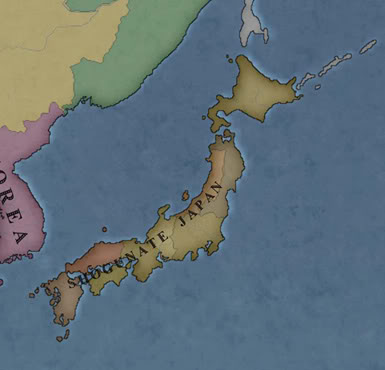



“I don’t think that’s very important, do you?” he answers. He knows of Forster’s often-stated admiration for Proust. The political argument is quite incidental, and I don’t at all feel that this was his main objective.”ĢTo this, Toynbee, who was at the time trying to advance himself as an experimental novelist, asks Forster whether he thinks that Pasternak has suffered because “he has been isolated from the main development of the novel in the West? I believe, for example, that he has never read Proust.” Toynbee is currying favour here. The book seems to me most interesting for its epic quality. I don’t think Pasternak is really very interested in people. “It quite lacks the solidity of War and Peace. William Golding is praised, as is J. D. Salinger – Forster reveals that he liked both The Catcher in the Rye and the story “For Esme with Love and Squalor” – but he thinks Dr Zhivago over-rated. This is of interest, if only because it shows that Forster was keeping up his reading. There was also an interview in the Observer conducted by its chief book reviewer, Philip Toynbee. Among events held to mark the occasion was an hour-long BBC television programme, the gist of which was printed in the following week’s Listener, and articles of a more or less adulatory nature appeared in most of the quality weeklies and periodicals. 1On the first day of 1959 E. M. Forster celebrated his eightieth birthday.


 0 kommentar(er)
0 kommentar(er)
